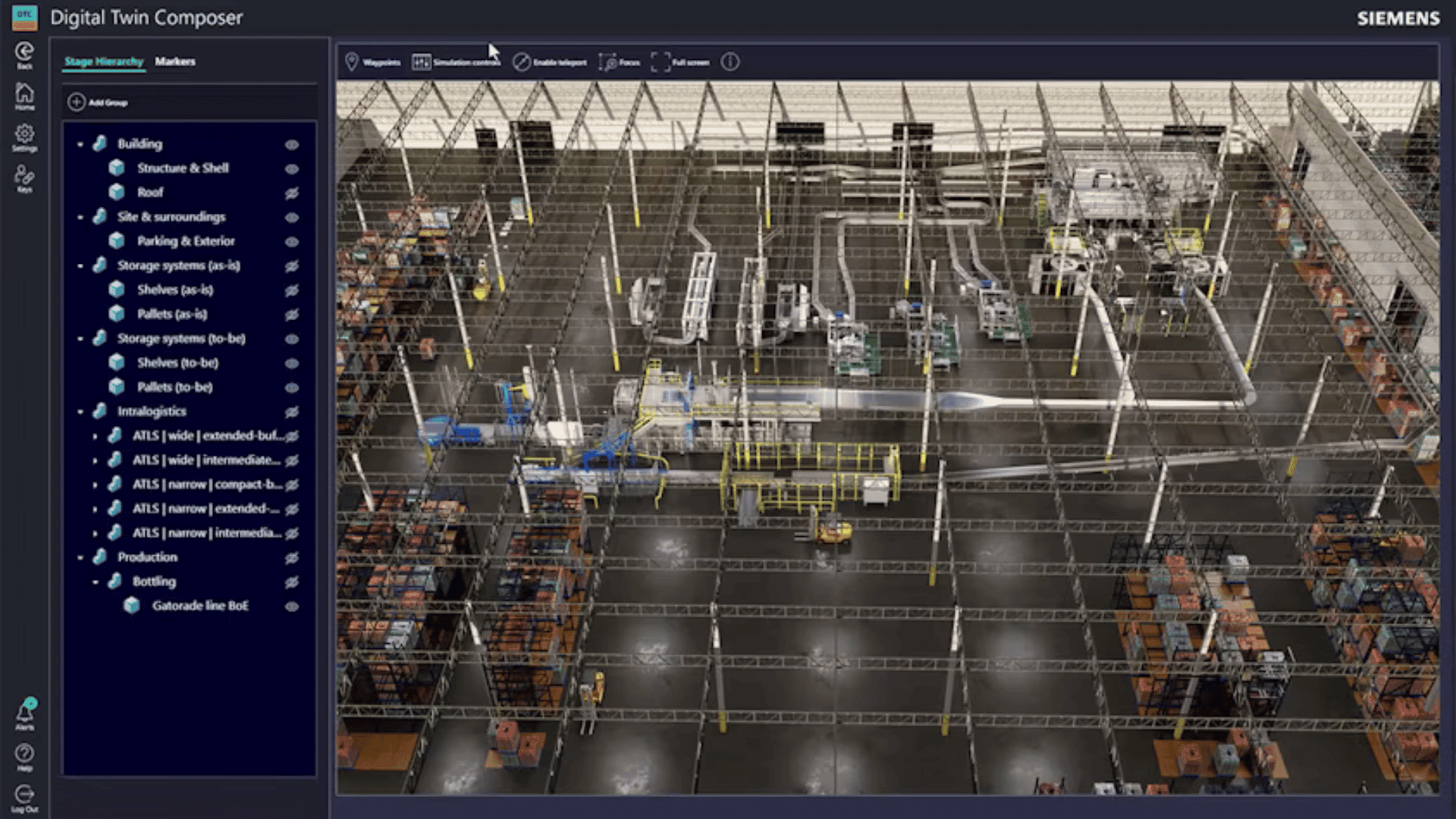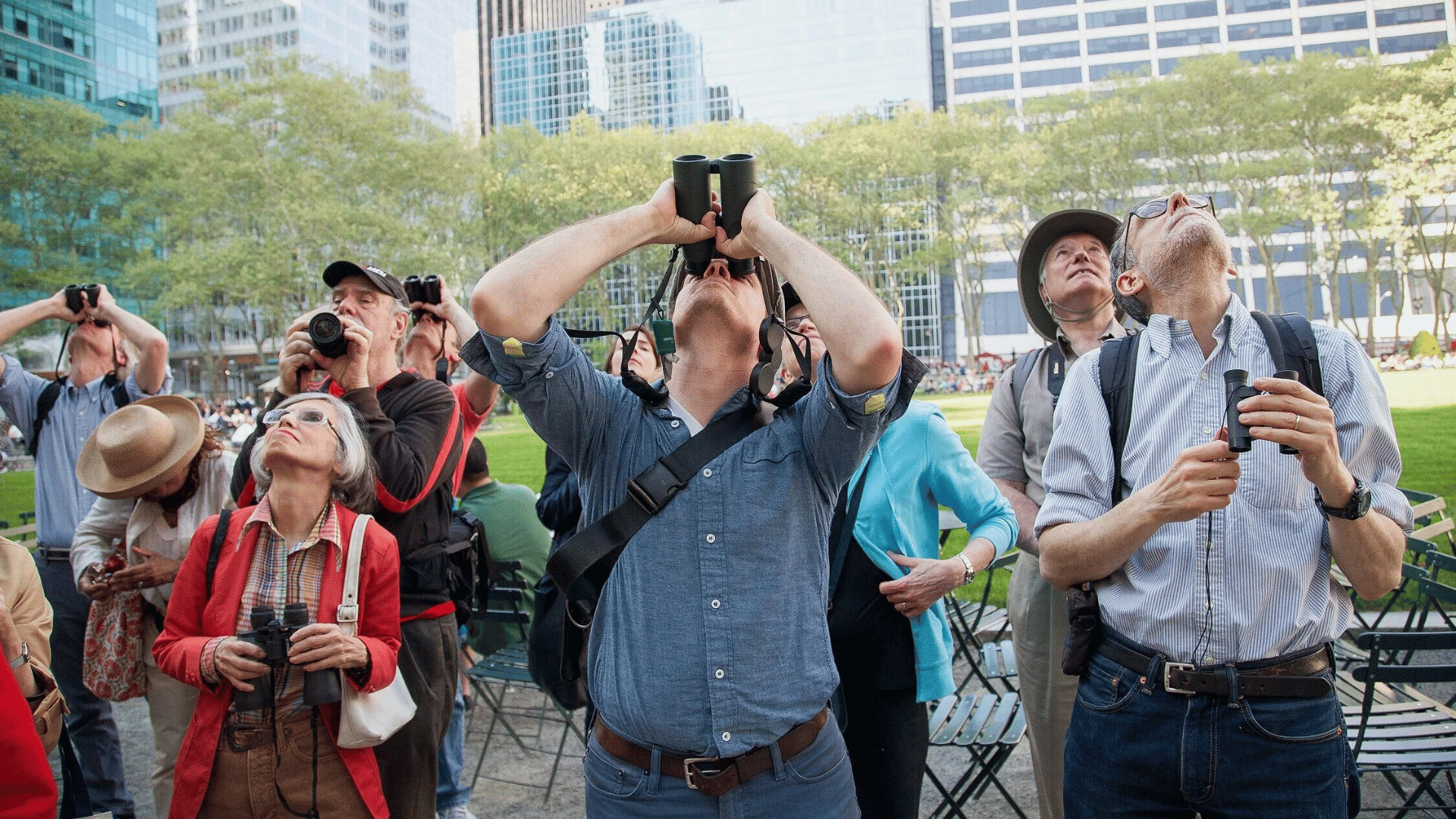UK-based tech startup Moth and a British electronic artist collaborated to produce the world’s first commercially available song using a quantum computer and artificial intelligence.
Quantum AI Music

The song “Recurse” sounds exactly like what you would think a song made with this technology would sound like, with a little electronica in there. However, it’s the style of music that the artist ILĀ creates.
A 24/7 interactive stream generates and evolves in real time as you listen. The song has an unworldly sound to it; it’s strange, yet it makes you want to keep listening to it. While AI recreating, or creating, art and music is somewhat of a fear for artists, the CEO of Moth believes this is a “defining moment” for the “future of creativity.”
“Recurse demonstrates the power of quantum AI to support and enhance, and not just take from, artists,” said Moth’s CEO, Dr. Ilana Wisby.
According to The Next Web‘s report, ILĀ provided original sounds to train the generative AI tool inside Moth’s software. AI provided instrumental suggestions like the bass, synth, and drums. The artist fully controlled which instruments were used and how they were arranged. A quantum computer provided by a German startup called IQM refined the music.
According to reports, the song fully relied on quantum machine learning. Essentially, quantum components work together with AI elements to help the models learn patterns and solve problems. The artist and developers used Moth’s Archaeo platform, a type of quantum machine learning called Quantum Reservoir Computing (QRC). This software doesn’t create songs from scratch. Instead, it learns from different samples of music or instruments from specific artists to create a song.
While this is a major step for creators, artists, and developers, Moth says the technology is in the early stages of development. However, the company hopes it could “redefine” creative industries.
“We’re not just building tech for tech’s sake, we’re building tools that empower, inspire, and drive a new era of media and creativity,” said Wisby.







